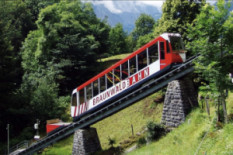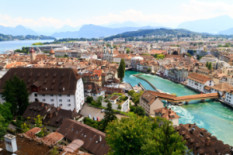Khotyn and its unique fortress played a significant role in the history of many European countries. The Khotyn fortress is a real masterpiece of the fortification architecture. It is also one of the biggest and well-preserved citadels in Europe.
The first signs of fortifications appeared on the banks of the Dniester River at the beginning of the 11th century, when Prince Volodymyr the Great added these lands to the Kyivan Rus territories. For the early decades of its existence the fortress was wooden, it managed to defend the town from numerous invaders. 200 years later, Prince Danylo Galitskii rebuilt the fortress into solid stone structure, turning it into real a masterpiece of fortification architecture of that times.
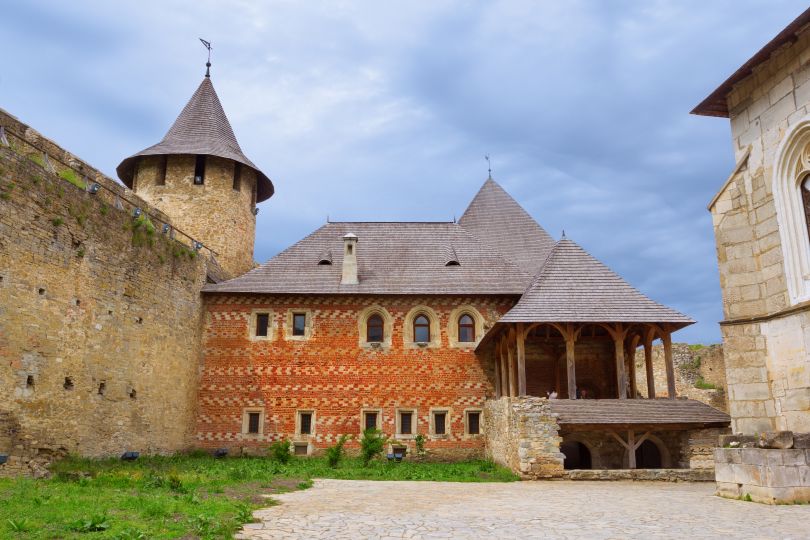
The fortress acquired its modern look at the end of the 15th century, when Khotyn was a part of the Moldavian Kingdom. Its borders were considerably broadened. A stone wall, 5-meters (16 feet) wide and up to 50-meters (164 feet) high, grew around it; three towers and two palaces with dungeons were added to the structure of the fortress. At that time, due to its prime location at the intersection of land and river trade routes, Khotyn turned into a prosperous trade center, where merchants from all over Europe gathered to trade their goods.
1621 became a crucial year in the history of the Khotyn fortress. That year the Khotyn fortress was a place for the battle between the Polish–Lithuanian Commonwealth and the Ottoman Empire. It was one of the biggest and bloodiest battles of that period. The Poles, united with Ukrainian Cossacks, managed to defeat the 250 thousand Ottoman Empire army.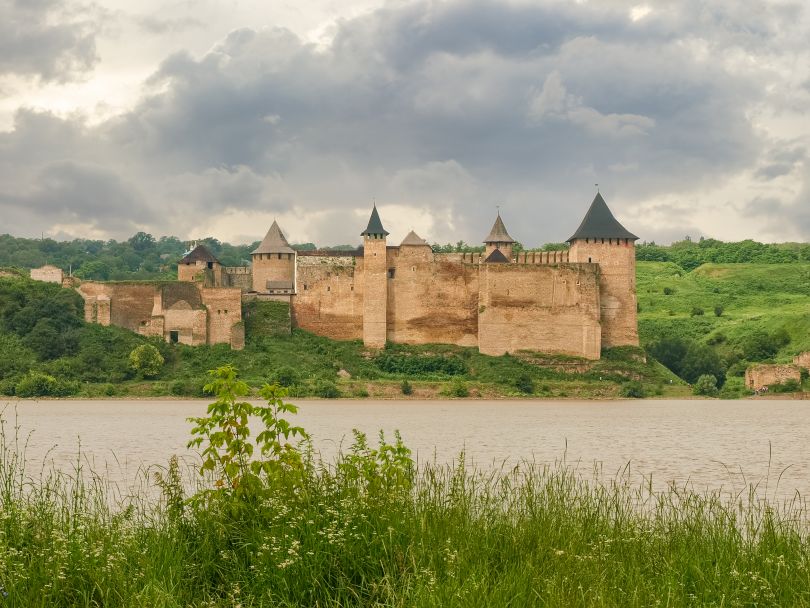
At the beginning of the 18th century, Turks conquered the Khotyn fortress and made it their strategic Eastern European outpost here. In the 19th century - after another Russian-Turkish war - Khotyn became a part of the Russian Empire.
These days the fortress remained almost intact and never fails to impress curious tourists. The king’s and officers’ palaces remained on the fort’s territory, as did the castle's church with Gothic windows which also acted as arrow slits. Today, one can see copies of the medieval weapons - rams, catapults, and many others in the dungeons of the temple. The St. Alexander Nevsky's church, built in the 19th century for Russian soldiers, was also preserved. Not far from it lay a mosque's ruins, and right at the center of the palace yard is a big well.
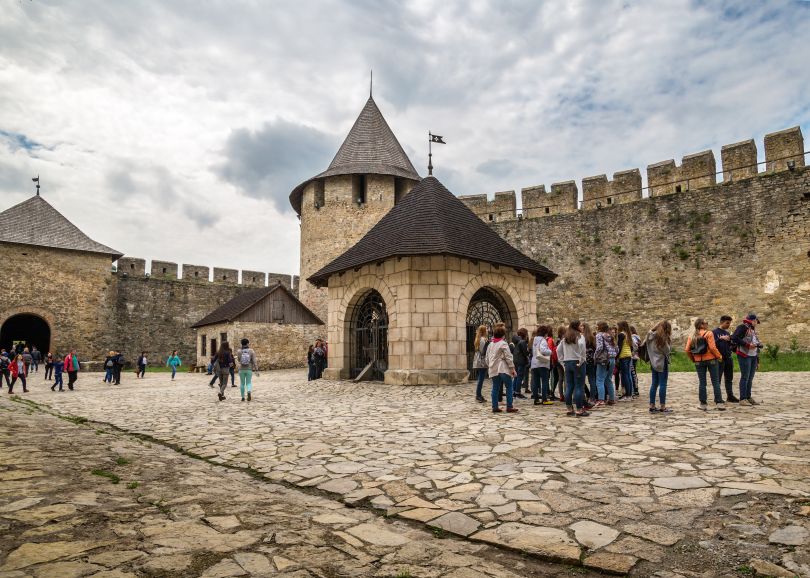
Pre-war Khotyn fortress served not only as popular tourist destination, but as a setting for numerous historic movies. The fortress also became an attractive place for history buffs, who each year organized a spectacular military-historical reenactment performance - The Battle of Nations.’
Khotyn is located 70 km away from Chernivtsi.|
Photo: Taras Verkhovynets / Shutterstock.com, leventina / Shutterstock.com. All photos belong to their rightful owners.










